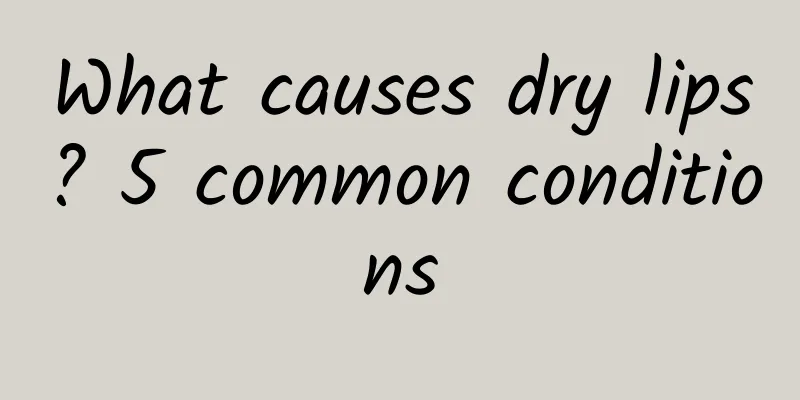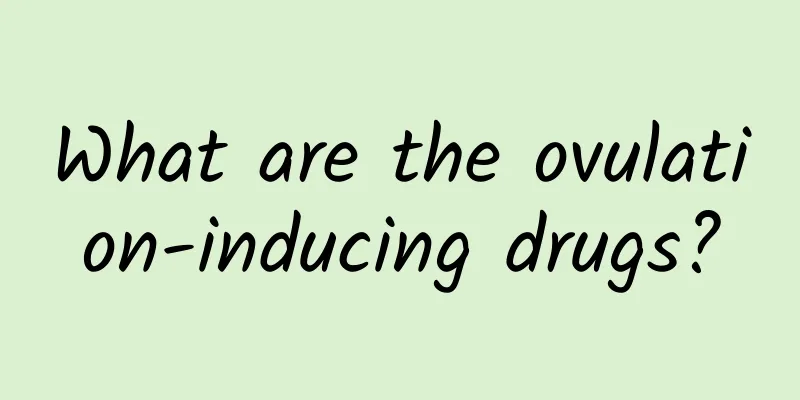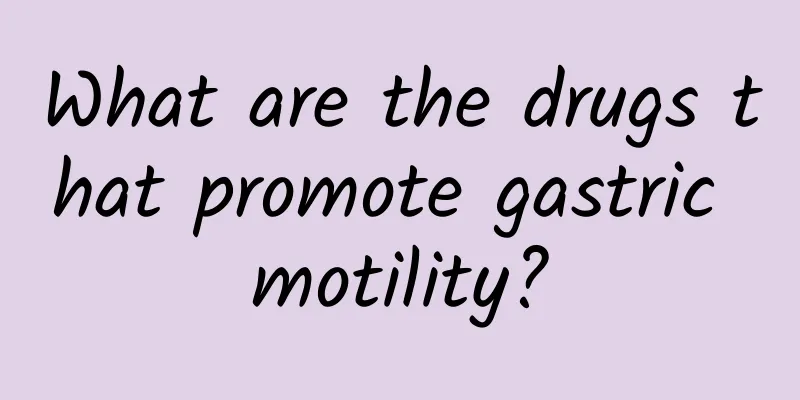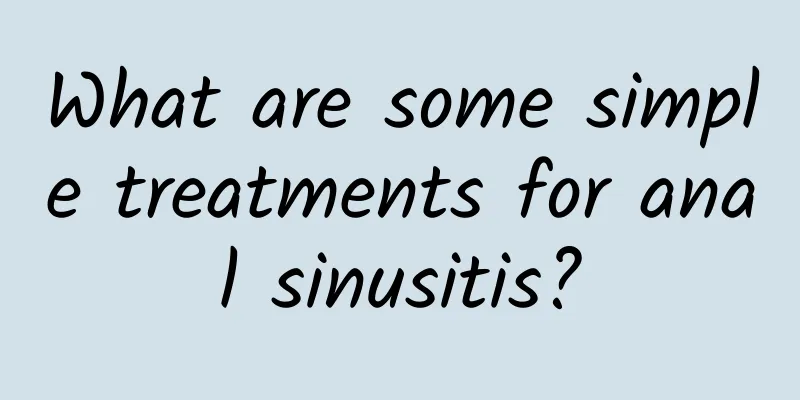When it meets alcohol, it will definitely make you fall to the ground instantly
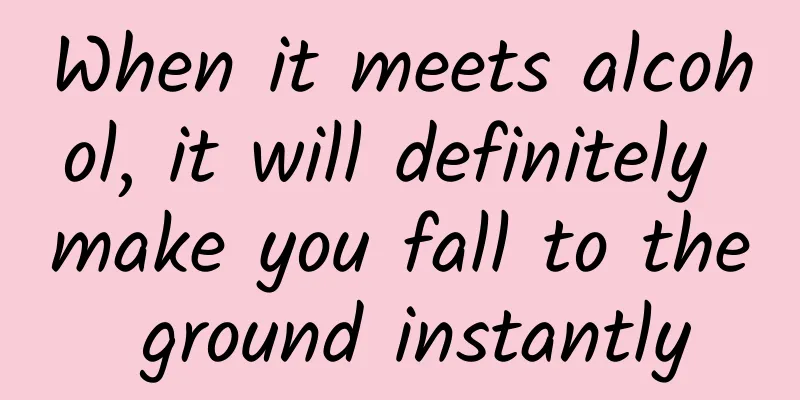
|
Old Gao was particularly happy today because his friends from his hometown came. The old man couldn't help but drink two more glasses of wine at the dinner table, but he never expected that he would lose consciousness afterwards. When the emergency doctor learned that the old man had recently taken a certain medicine, he was shocked and rushed to rescue him, finally saving him from the hands of death. What is going on? It turns out that this deadly medicine is cephalexin, an anti-inflammatory drug that many people often take! Cephalexin + alcohol = poison? If you are interested in palace fighting dramas, then you have to believe that cephalexin + alcohol is the real-life version of "conspiracy tactics". The combination of the two will produce a chemical reaction called disulfiram. The principle is that after alcohol enters the human body, it is first oxidized into acetaldehyde by the action of alcohol dehydrogenase in the liver cells. Acetaldehyde is oxidized into acetic acid and acetaldehydease A by the action of acetaldehyde dehydrogenase in the mitochondria of the liver cells. Acetic acid will be further metabolized into carbon dioxide and water and excreted from the body. The chemical structure of cephalosporins contains methylthiotetrazolium side chains, which inhibit the activity of acetaldehyde dehydrogenase in the mitochondria of liver cells, preventing acetaldehyde from being further oxidized and metabolized after it is produced, thereby causing acetaldehyde to accumulate in the body and produce a disulfiram reaction. Is it a heart disease? Or poisoning? If someone around you experiences dizziness, headache, numbness and weakness in the limbs, difficulty breathing, chest tightness, palpitations, nausea and vomiting, low blood pressure, or even shock after drinking or eating food containing alcohol, don't simply assume that it is a heart attack. The symptoms of a disulfiram-like reaction are sometimes very similar to those of acute coronary syndrome and heart failure. Moreover, the severity of disulfiram-like reaction is positively correlated with the dosage of the drug and the amount of alcohol consumed. The reaction to drinking liquor is more serious than that to beer, alcoholic beverages, etc., and the reaction to drinking during medication is more serious than that after stopping medication. So you must not drink alcohol one week before and after taking cefuroxime! Alcohol has many enemies. In addition to cephalosporins, there are other drugs that are also enemies of alcohol. They will have a disulfiram-like reaction with alcohol. The editor has specially summarized them here, so you may wish to learn more: Category 1: Cephalosporin drugs including cefoperazone, cefoperazone sulbactam, ceftriaxone, cefazolin (Pioneer V), cefoperazone (Pioneer VI), cefmetazole, cefminox, latamoxef, cefmenoxime, cefamandole, cephalexin (Pioneer IV), and cefaclor. Among them, reports of disulfiram-like reactions caused by cefoperazone are the most numerous and the most sensitive. Cefotaxime, ceftazidime, cefsulodin, ceftizoxime, and cefixime do not contain the methylthiotetrazolium group, and drinking alcohol during their use will not cause a disulfiram-like reaction. However, there are reports that ceftriaxone and ceftazidime can also cause such reactions, so they are also classified as drugs that can cause disulfiram-like reactions. The second category: nitroimidazole drugs such as metronidazole (Flagyl), tinidazole, ornidazole, and secnidazole. Category III: Other antibacterial drugs such as furazolidone (Furazolidone), chloramphenicol, ketoconazole, griseofulvin, sulfonamides (sulfamethoxazole), etc. In addition, there are some medicines that should not be taken with alcohol, such as - Hypoglycemic drugs: Drinking alcohol can lower blood sugar and shorten the half-life of oral hypoglycemic drugs in the blood. Drinking large amounts of alcohol can also inhibit the secretion of liver enzymes, enhance the effects of hypoglycemic drugs, lead to severe hypoglycemia reactions, and even coma and death. Sleeping pills: Taking sedatives and hypnotics (such as Valium) after drinking alcohol is equivalent to taking two poisons together. Even a small dose of the drug can reach a lethal blood drug concentration. It is simply playing with your life! Antihypertensive drugs: Drinking alcohol can dilate blood vessels. Taking antihypertensive drugs will rapidly drop blood pressure and easily cause sudden hypotension. In addition, anti-epileptic drugs (phenytoin sodium), antidepressants (imipramine, amitriptyline, etc.), anticoagulants (dicoumarol), central nervous system inhibitors (phenobarbital), and aspirin and nitroglycerin commonly used by cardiovascular patients are all "mortal enemies" of alcohol. Finally, the editor would like to silently remind everyone that the Huoxiang Zhengqi water we always have on hand in summer also contains alcohol. Do not use it at the same time as the above medicines! |
<<: If you have this disease, drinking water will kill you immediately.
>>: Women feel an inexplicable pleasure when doing "bad things" like this
Recommend
Symptoms of myocardial strain
Myocardial strain refers to the situation in whic...
How to remove blood clots in the uterus
The female uterus is one of the most important re...
Why does my face turn black after drinking?
For normal people, their faces will turn red afte...
Chiang Kai-shek's five health secrets will definitely help you live to 99
As a figure in modern Chinese political history, ...
What to do if you can't sleep because of thinking about things
Some people are born with a tendency to daydream ...
Do you know about the dietary treatment for hemorrhoids?
The incidence of hemorrhoids in our country is so...
Hormone face yellow water
People should not be unfamiliar with hormone face...
How long does it take for milk to come out after the milk is sucked out?
For women in lactation period, when the milk in t...
The efficacy and consumption of fresh Cordyceps sinensis
Cordyceps (also known as Cordyceps sinensis), als...
Pelvic correction belt
A pelvic correction belt, which we call a pelvic ...
Treatment of hernia in women: surgery is the best treatment
Hernia, commonly known as "small intestinal ...
What are the Chinese herbal hangover-relieving soups?
I wonder what methods your mothers will use to he...
Can gout be completely cured? How to treat it
In life, most people are extremely concerned abou...
Is toothache in pregnant women due to calcium deficiency?
Many pregnant women will experience toothache dur...
Will the mother's milk stop flowing if she gets angry?
We all know that breast milk is composed of the mo...


